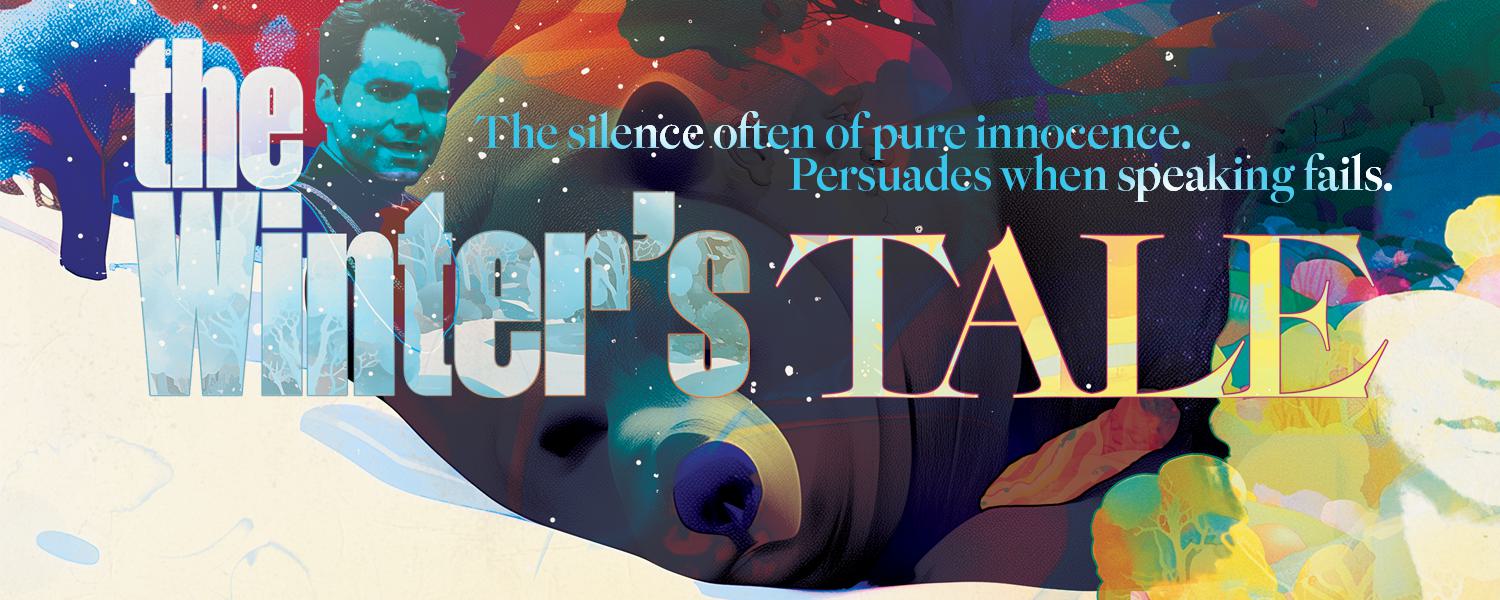Contact Us
American Players Theatre
5950 Golf Course Road
P.O. Box 819
Spring Green, WI 53588
(Map)
Box Office: 608-588-2361
Administration: 608-588-7401
Fax: 608-588-7085
American Players Theatre
5950 Golf Course Road
P.O. Box 819
Spring Green, WI 53588
(Map)
Box Office: 608-588-2361
Administration: 608-588-7401
Fax: 608-588-7085

Playing: Hill Theatre | August 8 - September 4
Featuring: David Alan Anderson, La Shawn Banks, Dee Dee Batteast, Nate Burger, David Daniel, Sarah Day, Josh Krause, Gavin Lawrence, Laura Rook
Genre: Shakespeare Romance
Last Seen at APT: 2009
Go If You Liked: The Virgin Queen Entertains Her Fool (2024), Cymbeline (2021), Pericles, Prince of Tyre (2017)
Human beings are amazing creatures. Our greatest asset might be our unlimited capacity for love. When we’re at our best. But when a person – or in this case, a king – succumbs to baser jealousies, disaster hovers like a Sword of Damocles, threatening even the people he holds most dear. Yet, when all appears lost, the seasons begin to turn, unearthing a sprig of hope from beneath the drifted snow. Sure, it may need some help to flourish. Fortunately, there’s a community of funny, flawed and loveable folks who are eager to pitch in on a happy ending. Those odds may seem long, but hope abounds, always. A bittersweet and human story about the miracle of forgiveness, rarely produced and beautifully manifested on the Hill Stage.
Ah, The Winter’s Tale. The winding fable about jealousy, rebirth and yes, one very famous line about a bear.
Sure thing, Shakespeare. That might have been easier to accomplish during the era where bears were as popular entertainment as the plays themselves. We’ll just leave it at that until summer.
For those who remember your 9th grade Shakespeare unit, you may be familiar with the classifications of comedy and tragedy in the canon’s collection. The general rule of thumb is if ends with a marriage (any marriage), it’s a comedy. Finishing the night with a funeral? Tragedy. And then, there’s the histories. Henrys, Richards, John. Battles, betrayal and the occasional Falstaff cameo.
But what is a Shakespeare “romance,” then? A big mash-up combination of the histories, comedies and tragedies? Basically.
The Shakespearean romance classification was first coined by Edward Dowden, a 19th century Irish literary professor and critic. In his 1875 work, Shakespeare; A Critical Study of His Mind and Art, Dowden described the final or “fourth period” of Shakespeare’s later works as having “a certain romantic element in each [play]. They receive contributions from every portion of Shakespeare’s genius, but all are mellowed, refined. Made exquisite; they avoid the extremes of of broad humor and of tragic intensity; they are written with less of passionate concentration than the plays which immediately precede them, but with more of a spirit of deep or exquisite recreation.”
Dowden and others since have grouped Pericles (1608), Cymbeline (1610), The Winter’s Tale (1611) and The Tempest (1611) as the archetypal romance genre - starting tragedy, turning comedy and often focusing on themes of forgiveness and recovery, many times through coincidence or better yet, magic. These are sweeping tales that reflect a much more mature and tempered approach to human nature than Shakespeare’s earlier, brasher and hotter stories, like Romeo and Juliet or Hamlet. Youth is still written about poetically, but by the quill of a now 47-year-old Shakespeare.
Still, though, the world’s natural and supernatural forces play a role in heightening the stakes. Shipwrecks, oracles and the sporadic god are called upon to elevate the starkly human dramatics of jealousy, doubt and class structures. These stories are also whimsical in their duel-setting structures, bouncing across oceans, islands, kingdoms and shorelines, even when they don’t quite exist.
Another defining element in the Shakespeare romance genre? A considerable jump across time. In Pericles, narration, provided by the character of Gower, fills the audience in on what has happened between the acts and decades the story spans. In The Winter's Tale, Shakespeare marks a tonal and time jump between the first and second halves of the play by making Time itself a character. Time explains that sixteen years have passed between the previous events of Act 3 and now.
"Now take upon me, in the name of Time,
To use my wings. Impute it not a crime
5 To me or my swift passage that I slide
O’er sixteen years, and leave the growth untried
Of that wide gap, since it is in my power
To o’erthrow law and in one self-born hour
To plant and o’erwhelm custom."
This narration is a fantastical tool of transition, fitting for a moving fairy tale that carries with it some gravity. A solemn but sweet play that shows the worst of us as well as the best of us.